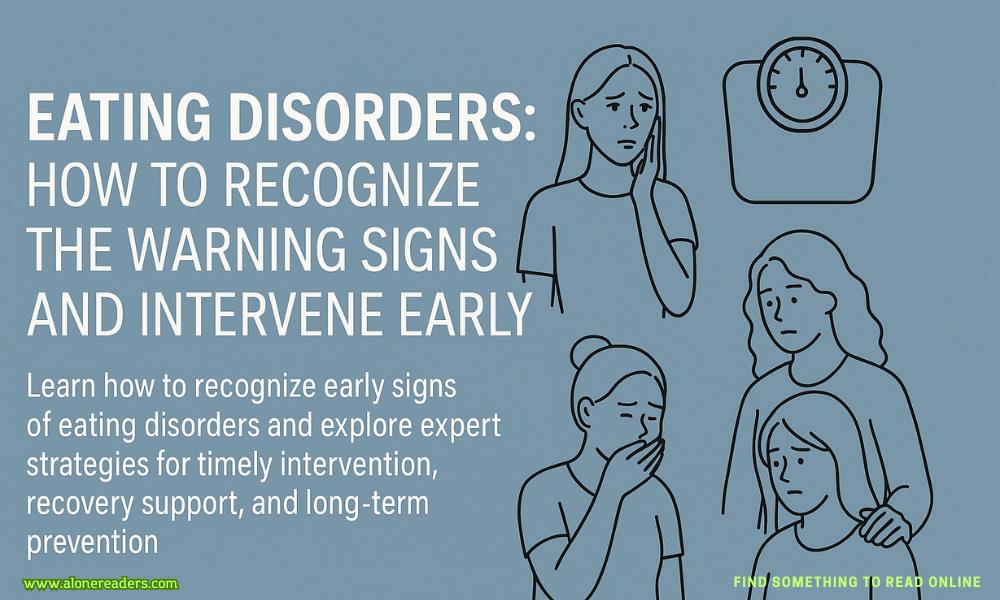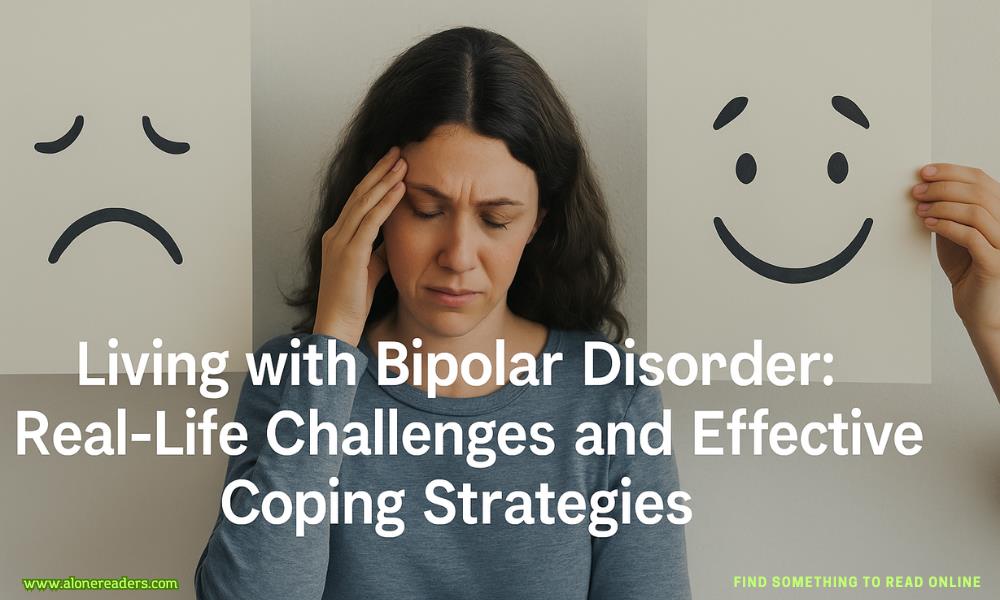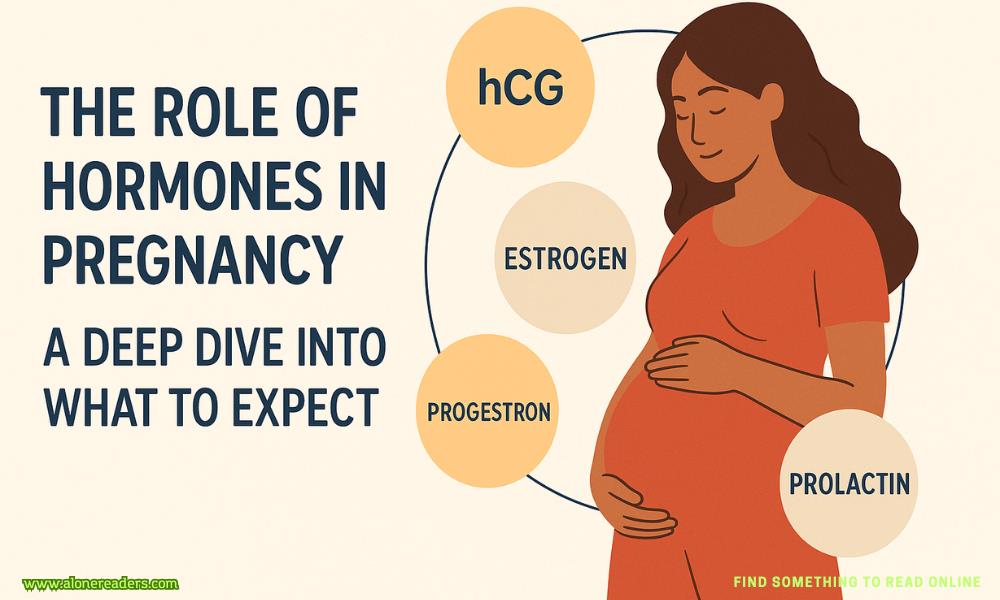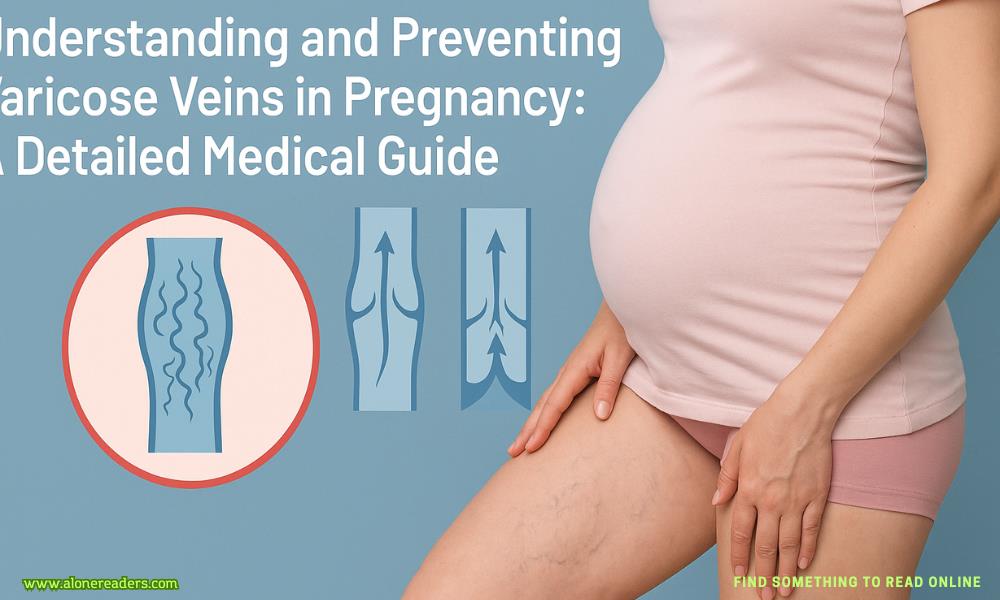Page 34 of Love and Loathing
“Let’s see this view, then,” he said.
They climbed in silence, though that was only partly due to the exertion required by the steep path, which was slippery with freshly fallen autumn leaves. Aubrey followed her, the path only wide enough for single file. She couldn’t even see him, but she was somehow just as aware of his solid presence as she had been when they walked hand in hand. His eyes on her back. A frown on his stern mouth. Or maybe he was looking at nothing but the trees, at the squirrels that rustled in the branches overhead, the occasional startled blackbird that leapt from the path.
“Nearly there,” she said, just because she needed to say something.
He made no reply, and she stopped, turning around to check he was even there—and nearly got knocked off her feet when he walked straight into her.
“Jesus Christ! Why did you stop so suddenly?” He grabbed her arms, stopping her from falling, his own feet slipping on the steep path as he stepped back to re-balance.
“Why are you so close?”
He let go of her with an irritated exhale. “Just keep walking.”
Blushing and muttering angrily to herself, she set off again, walking so fast she was soon out of breath. The path grew steeper, the soil worn away to the rock underneath—smoothed by a century of feet and even more slippery than the leaves. She took hold of the thin trunks either side of the path, pulling herself up. But that was the worst of it, and all at once the ground levelled out on a grassy plateau, the hill still rising for several more metres behind their backs. But on three sides nothing but open countryside, rolling fields, lines of scrubby, brown woods, and far in the distance, the grey shining water of the Morecambe coast.
She glanced over her shoulder as Aubrey came to join her. He was breathing as heavily as she was, and for a long while theystood saying nothing, getting their breath back, looking out at the patchwork of countryside.
The familiar view caught sharp in her chest the way it always did, a strange panging of love and loss she could never quite understand, almost too big to bear. It was just so beautiful, all the tints of green and brown and grey, all the hidden places, the damp, grassy tufts and crackling leaves and the earthy loam with its mushroom smell, a million, billion tiny lives all going on the way they always had, the way they always would, if humans would just let them be. She wasn’t as sentimental as most people thought her. She knew nature was cruel and hard. But it was still all a miracle, this entire precious earth, alive and green in the infinite cold of space. And hardly anyone cared, hardly anyone knew how lucky they all were, to breathe and live and think…
“You were right,” said Aubrey. “It was worth it.”
He was beside her, still and steady as a rock. She didn’t need to look at him to see, could easily conjure the brown eyes frowning out at the landscape, the face giving nothing away, mouth drawn firm. But at least he wasn’t mocking. She heard none of the usual dark irony in his tone. The breeze was cool up here, sweeping away the last of the autumn’s warmth, setting the leaves in the trees behind them sighing.
“I don’t know why I care so much,” she said quietly, voice trembling as though the breeze stirred it, too. “About the birds and the shooting and all of it. I know I’m not normal. I never have been.”
Aubrey waited, listening.
“When I was about ten,” she said, eyes still on the fields, the wide-open sky and the pink now blushing the horizon. “I went on a school trip to London. In Trafalgar Square, everyone was chasing the pigeons, racing after them shouting and laughing, setting them all in the air. And I just stood there and shouted at them to stop. I was crying. Over pigeons. I just hated to seethem scared for nothing but a laugh. As though it wasfunnyto frighten an animal. Only pigeons. What do they matter? They’re vermin. Rats of the sky.” She wiped a ridiculous tear from her cheek, angry at herself. “My heart was breaking for pigeons.”
But Aubrey didn’t laugh. “Caring too much is hardly the worst fault to have.”
She glanced at him, found him watching her, his dark eyes grave.
“But you think I’m an idiot for it.”
“Not for caring, but for…”
“For what?”
“For wasting it all on childish pranks and inane causes.”
“Inane! Maybe it seems that way to you, but it doesn’t to the people it helps. Something like a garden, a community garden, a real place where people can go and get their hands in the soil and grow things they can eat, make a community, bring school kids to learn about living things and where food comes from—is thatinaneto you?”
“I mean things like nearly getting yourself arrested for pouring ketchup over Domnall White. And for what? A few minutes’ news on a slow day? Men like Domnall don’t care. It won’t touch them.”
“What then?” she asked, annoyed at the fact he was probably right—that he was echoing what she had just been saying to Amy. “What can I do?”
“Focus on one thing at a time.”
“I know I should, but I don’t know how to when I care about…everything.”
He gave her a look, somewhere between sympathetic and exasperated, as though she herself was a problem too big to solve. “If you really want to make a difference, the only effective tactic is to change things from the top down.”
“That’s what I’m trying to do! With FTP.”
But Aubrey was shaking his head. “They’re agitators. Anarchists, at heart. You can’t change the system from outside it. You need to get right in the middle of it. I might have turned my back on the law, but that’s a good place to do it. Legislation. Policy. Government.”
“Get involved in politics? They’re all corrupt.”
- Daddy's Dirty Little Secret by Sofia T. Summers
- Sofa King Safe by Alexa Riley
- A Touch of Fate by Cora Reilly
- Mercy by Elizabeth Knox
- Veiled Vows by Ajme Williams
- Bending Over for My Tw!n by J. Snow
- Double Mountain Men by S.E. Law
- Fierce Vows by Jade Marshall
- Snowed in with the Mafia by Chloe Kent
- Claimed By a Knight by Lena Little
- Choke by Mila Crawford
- Stolen Princess's Secret by Kelly Hunter
- Wicked Games by Willow Dixon
- All Jacked Up by Abbi Glines
- Scatter the Bones by Autumn Jones Lake
- Need You to Choose Me by B. Celeste







